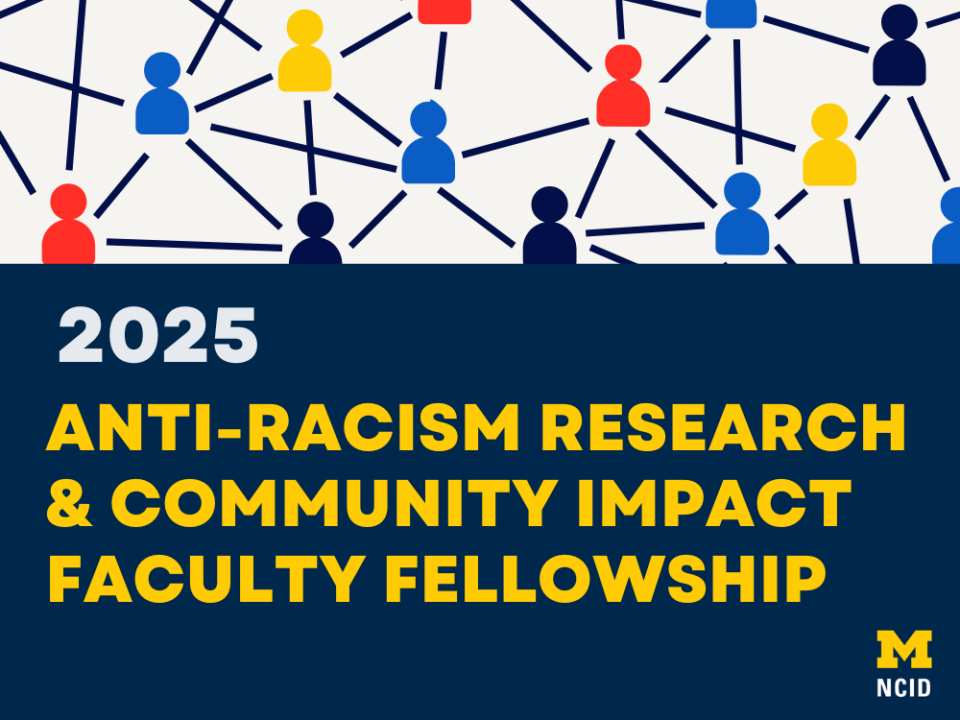- About
- News
- Events
- Initiatives
- Anti-Racism Collaborative
- Change Agents Shaping Campus Diversity and Equity (CASCaDE)
- Diversity Scholars Network
- Inclusive History Project
- James S. Jackson Distinguished Career Award for Diversity Scholarship
- LSA Collegiate Fellowship Program
- University Diversity & Social Transformation Professorship
- Publications & Resources
- About
- News
- Events
- Initiatives
- Anti-Racism Collaborative
- Change Agents Shaping Campus Diversity and Equity (CASCaDE)
- Diversity Scholars Network
- Inclusive History Project
- James S. Jackson Distinguished Career Award for Diversity Scholarship
- LSA Collegiate Fellowship Program
- University Diversity & Social Transformation Professorship
- Publications & Resources

Scholar Story: L. Trenton S. Marsh
December 7, 2018Welcoming 268 Scholars to the Diversity Scholars Network
January 3, 2019“Women of Color in the Academy”
A new Spark series, curated by Drs. Lorena Gutiérrez and Sakeena Everett

The experiences of women of color in our society are often invisible. In social, political, and academic discussions, in policy, and in research — both inside and outside of the academy — the term “women and minorities” is regularly used in ways that ignore the overlaps between the two. Such framing implicitly contributes to a conception of womanhood that excludes women of color and a conception of race based in experiences of maleness. Kimberlé Crenshaw’s seminal work on intersectionality, based in the area of legal studies, responds to this type of erasure, critiquing traditional feminist and antiracist theories that have historically neglected the experiences of Black women, and highlighting how multiple forms of social stratification — including race, gender, and social class, among others — influence their life experiences. In the legal context for example, discrimination cases brought by Black women imposed the burden of defining and demonstrating the discrimination as based on race or gender, but not as both. More recently, movements such as #SayHerName and books such as Invisible No More have aimed to bring awareness to the experiences of Black women and police brutality, challenging the perception that anti-Black violence and its victims are predominantly male. Building from her foundational work, Crenshaw and scholars from multiple disciplines have extended and applied the concept of intersectionality to highlight other intersecting identity groups, including the complex stories and lives of women with historically marginalized racial and ethnic identities who are navigating academic contexts and structures.




